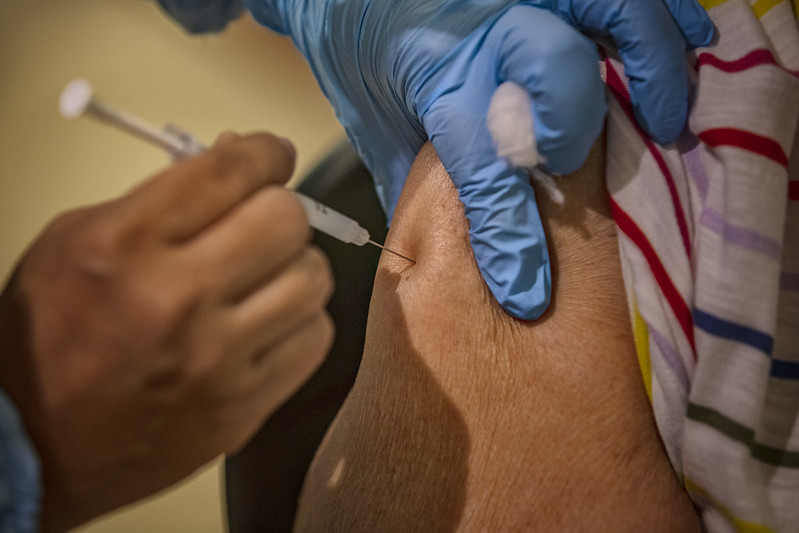
At a time when federal officials are calling into question the safety and necessity of COVID-19 vaccines, the mRNA COVID vaccine version used this past season showed no elevated risk of any of the 29 serious adverse events that researchers in Denmark assessed.
The nationwide cohort study, published this week in JAMA Network Open, included 1,585,883 people (54% female), of whom 1,012,400 (64%) received the updated mRNA COVID vaccines containing the JN.1 lineage. The scientists included all people eligible last season to receive the vaccine—everyone 65 or older and anyone in a high-risk group—who had already received three or more COVID vaccine doses.
No increased risk of 29 adverse events
The investigators assessed for serious side effects for 28 days after vaccine receipt. "We analyzed 29 adverse outcomes adapted from prioritized lists of adverse events of special interest to COVID-19 vaccines," they wrote. "Each adverse event was analyzed separately."
They found no statistically significant increases in the rate of hospital contacts for any of 29 adverse events during the 28-day period after patients received an mRNA vaccine. As examples, the authors listed an incidence risk ratio of 0.84 (95% confidence interval [CI], 0.76 to 0.94) for ischemic cardiac events (reduced blood flow to the heart), 0.92 (95% CI, 0.76 to 1.13) for intracranial (brain) bleeding, and 1.12 (95% CI, 0.41 to 3.10) for myocarditis (inflammation of heart muscle).
The study authors note, "Although we analyzed a nationwide cohort, some outcomes, such as erythema multiforme, occurred very rarely during follow-up, with consequently lower statistical precision, and some outcomes, such as transverse myelitis, could not be statistically compared."
The findings follow a national US poll in May that found only 56% of adults saying they were "somewhat confident" in COVID vaccine safety.













